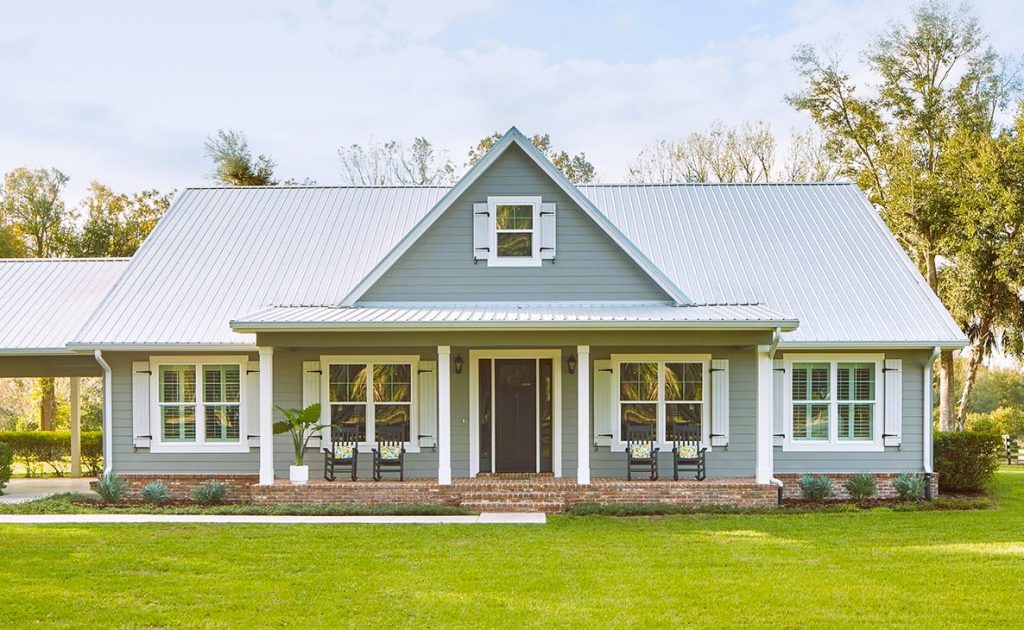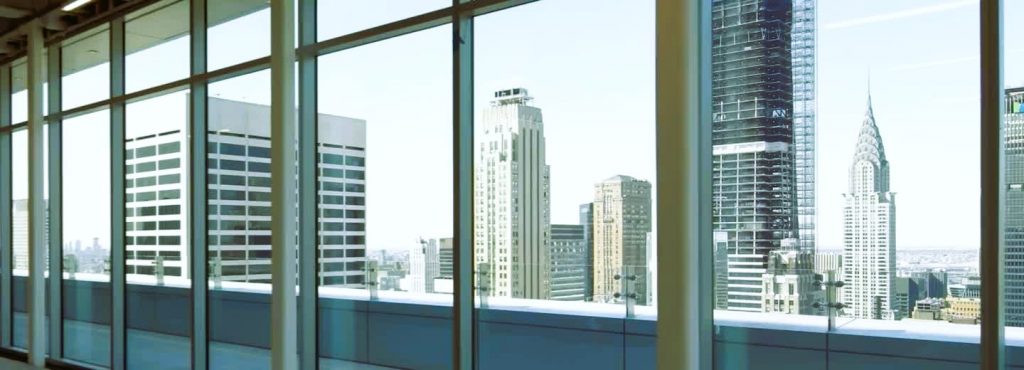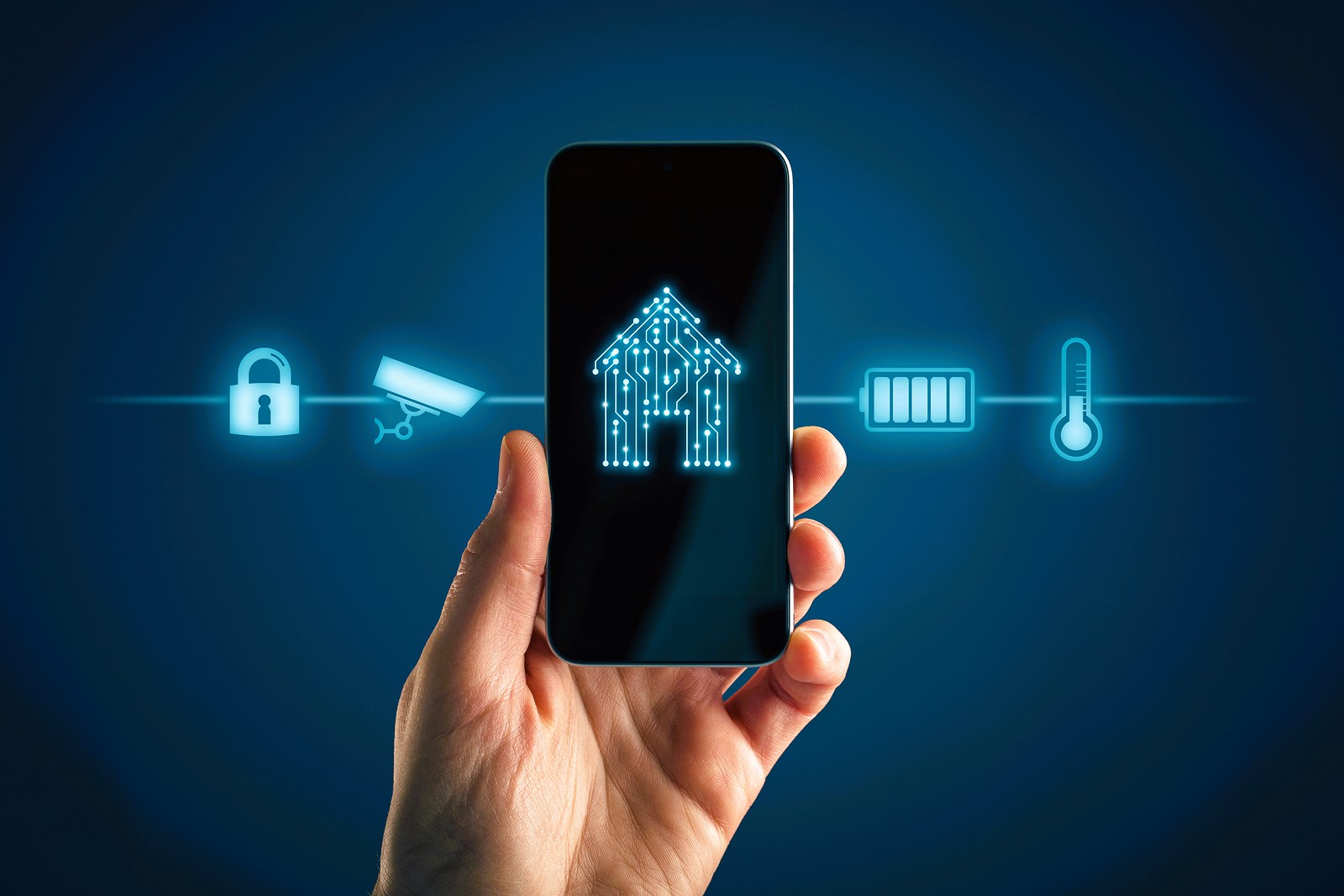Window Technologies: Exploring Smart Windows and Their Potential in Canadian Real Estate
Advancements in technology have revolutionized various aspects of our lives, and the real estate industry is no exception. Smart windows, also known as switchable windows or dynamic windows, have emerged as an innovative solution that combines functionality, energy efficiency, and aesthetics. In this article, we will explore smart windows and their potential in Canadian real estate. By understanding the benefits and applications of this technology, real estate investors can make informed decisions and leverage the advantages smart windows offer.
What are Smart Windows?
Smart windows are windows that can change their properties in response to external stimuli, such as light, heat, or electrical signals. These windows utilize various technologies to achieve their functionality, including electrochromic, thermochromic, photochromic, and suspended particle device (SPD) technologies. Smart windows offer adjustable transparency, allowing control over the amount of light and heat that enters a space, ultimately improving energy efficiency and occupant comfort.
Energy Efficiency Benefits:

Energy efficiency is a critical consideration in the Canadian real estate market, given the country’s varying climate conditions. Smart windows can significantly contribute to reducing energy consumption in buildings. By dynamically adjusting their transparency, smart windows can regulate the amount of solar heat gain and glare, reducing the reliance on artificial lighting and HVAC systems. This results in reduced energy consumption, lower utility costs, and a smaller carbon footprint for the property.
Enhanced Occupant Comfort:
Smart windows provide occupants with the ability to customize their indoor environment according to their preferences. With smart windows, occupants can control the amount of natural light, glare, and heat entering the space, optimizing their comfort levels throughout the day. This flexibility in light and heat management contributes to improved productivity, well-being, and overall satisfaction of the occupants. Understanding the Different Types of Plastic Window Frames: Pros and Cons.
Privacy and Security:
Privacy is a significant concern for many individuals, especially in densely populated urban areas. Smart windows offer privacy control by switching from transparent to opaque or tinted states, ensuring that occupants have control over their personal space. This feature is particularly useful in residential properties, offices, and commercial spaces where privacy requirements vary. Additionally, smart windows can enhance security by acting as a deterrent against potential intruders who are unable to see inside the property.
Integration with Smart Home Systems:
Smart windows can be seamlessly integrated into smart home systems, enabling automation and remote control. They can be connected to sensors, timers, and other devices to adjust transparency based on specific conditions or predetermined schedules. Integration with voice control systems or mobile applications allows users to control the windows remotely, adding convenience and ease of operation.
Long-Term Cost Savings:
While the initial investment in smart windows may be higher compared to traditional windows, the long-term cost savings make them a compelling option for real estate investors. By reducing energy consumption and improving energy efficiency, smart windows can lead to substantial savings on utility bills over time. Additionally, the enhanced durability and lifespan of smart windows contribute to reduced maintenance and replacement costs, ensuring a higher return on investment.
Sustainable Building Practices:

Sustainability is a growing concern in the real estate industry, and smart windows align with sustainable building practices. By reducing energy consumption and promoting efficient resource utilization, smart windows contribute to green building certifications, such as LEED (Leadership in Energy and Environmental Design). Investing in smart window technology showcases a commitment to sustainability, attracting environmentally-conscious tenants or buyers and positively impacting property values.
Considerations for Implementation:
Before incorporating smart windows into real estate projects, several considerations should be taken into account. These include:
- Compatibility with the building’s architecture and design.
- Integration with existing infrastructure and control systems.
- Long-term maintenance requirements and availability of technical support.
- Cost analysis, including upfront investment and long-term cost savings.
- Understanding local building codes and regulations related to window technology implementation.
Conclusion:
Smart windows represent a significant advancement in window technology and offer substantial benefits to the Canadian real estate market. With their energy efficiency, occupant comfort, privacy control, and integration capabilities, smart windows have the potential to transform the way we design, construct, and manage properties. By embracing smart window technology, real estate investors can differentiate their properties, increase their value, and contribute to sustainable building practices in Canada’s evolving real estate landscape.


